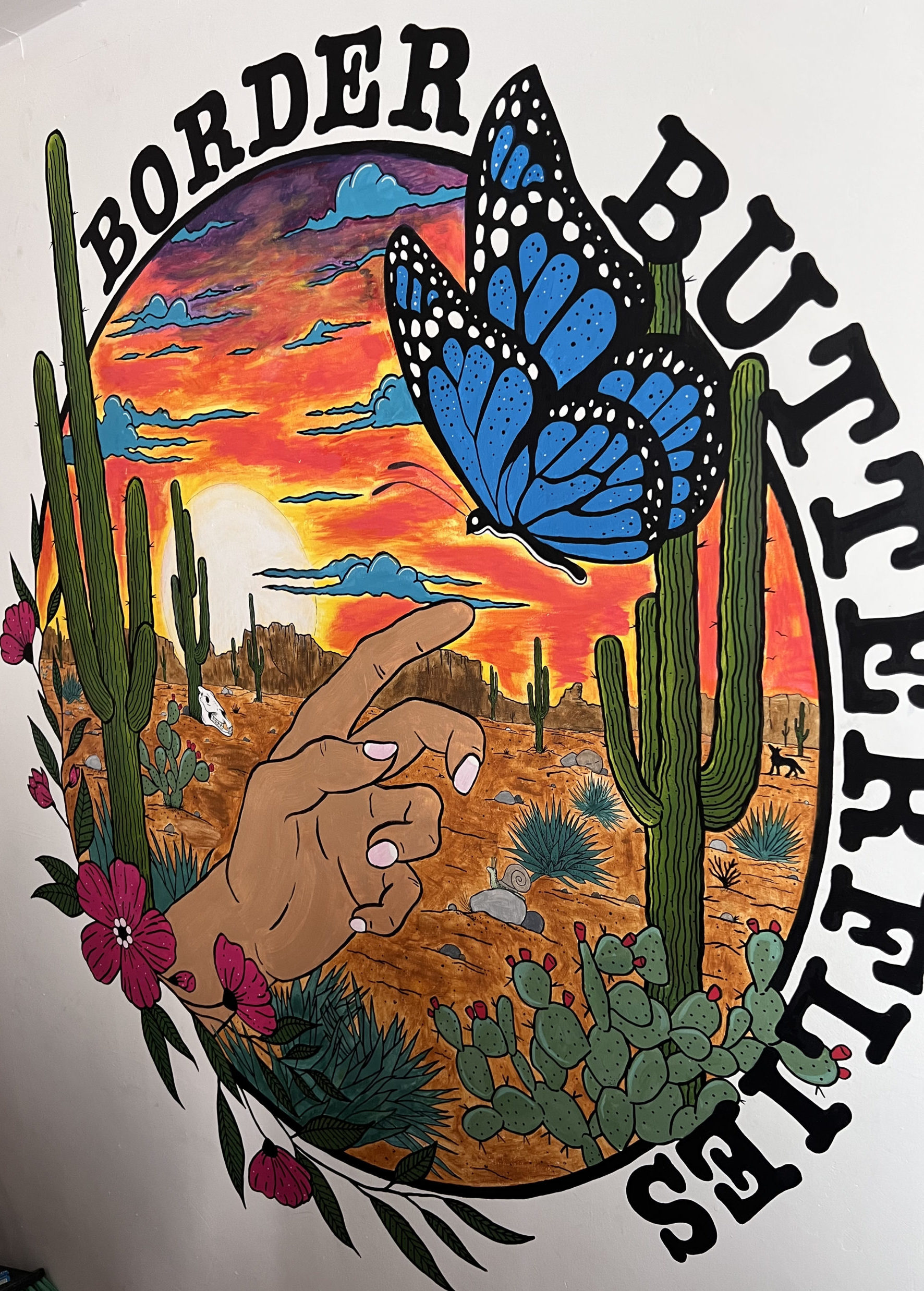For five days in May, the Justice & Diversity Center’s (JDC) Immigrant Legal Defense Program (ILDP) team took a trip down to the border in Tijuana as the legal lead of the San Francisco Immigrant Legal Defense Collaborative. (SFILDC) During the trip the team was able to educate migrants about their rights and assist local organizations with the influx of migrants and asylees as legislation hung in the balance, such as Title 42. The group encountered more than the unnecessarily muddled, varying rules at crossings and were disturbed when they saw the glaring discriminatory treatment shown toward the Haitian migrants.
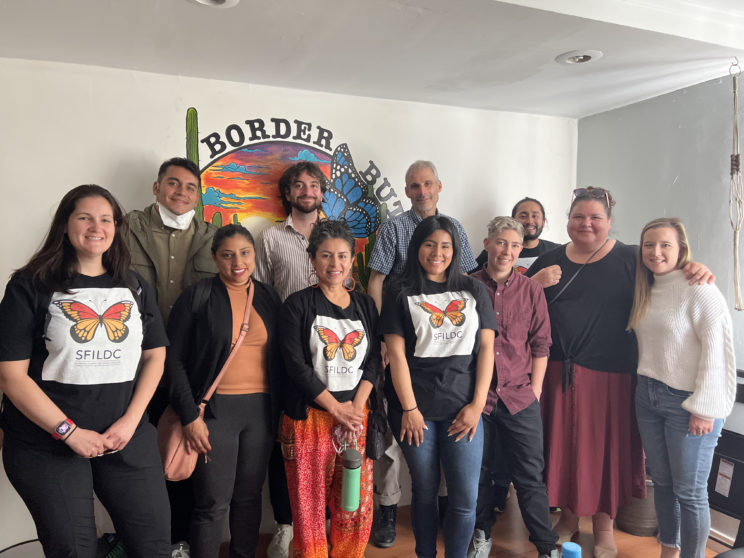
The pernicious laws implemented by the previous Presidential administration presented escalating challenges and exacerbated the existing racism. The scene at the border shocked the team, who saw Haitian migrants expected to wait and even sleep outdoors, while Ukrainian asylees were graciously brought inside for shelter.
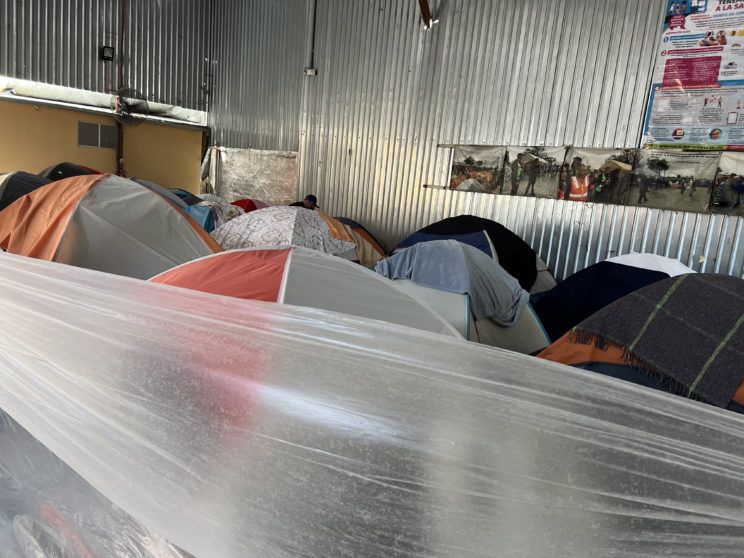
Milli Atkinson, ILDP’s Legal Director and her team gave Know-Your-Rights presentations to hundreds of people seeking assistance. During their time there, they also helped a number of families and individuals navigate the confusing and ever-changing landscape presented at the border offices. They coordinated with organizations who do this work daily, including Al Otro Lado, Haitian Bridge Alliance, Immigrant Defenders Law Center, Transgender Law Center and Jewish Family Services.
“It is important to understand that Haitian and other black migrants face harsher discriminatory treatment than other migrants during their journey to the border and when they cross because of the color of their skin,” explained Nicole Elizabeth Ramos, Project Director, Border Rights Project, Al Otro Lado. “This treatment comes from government agents but also from the general population.”
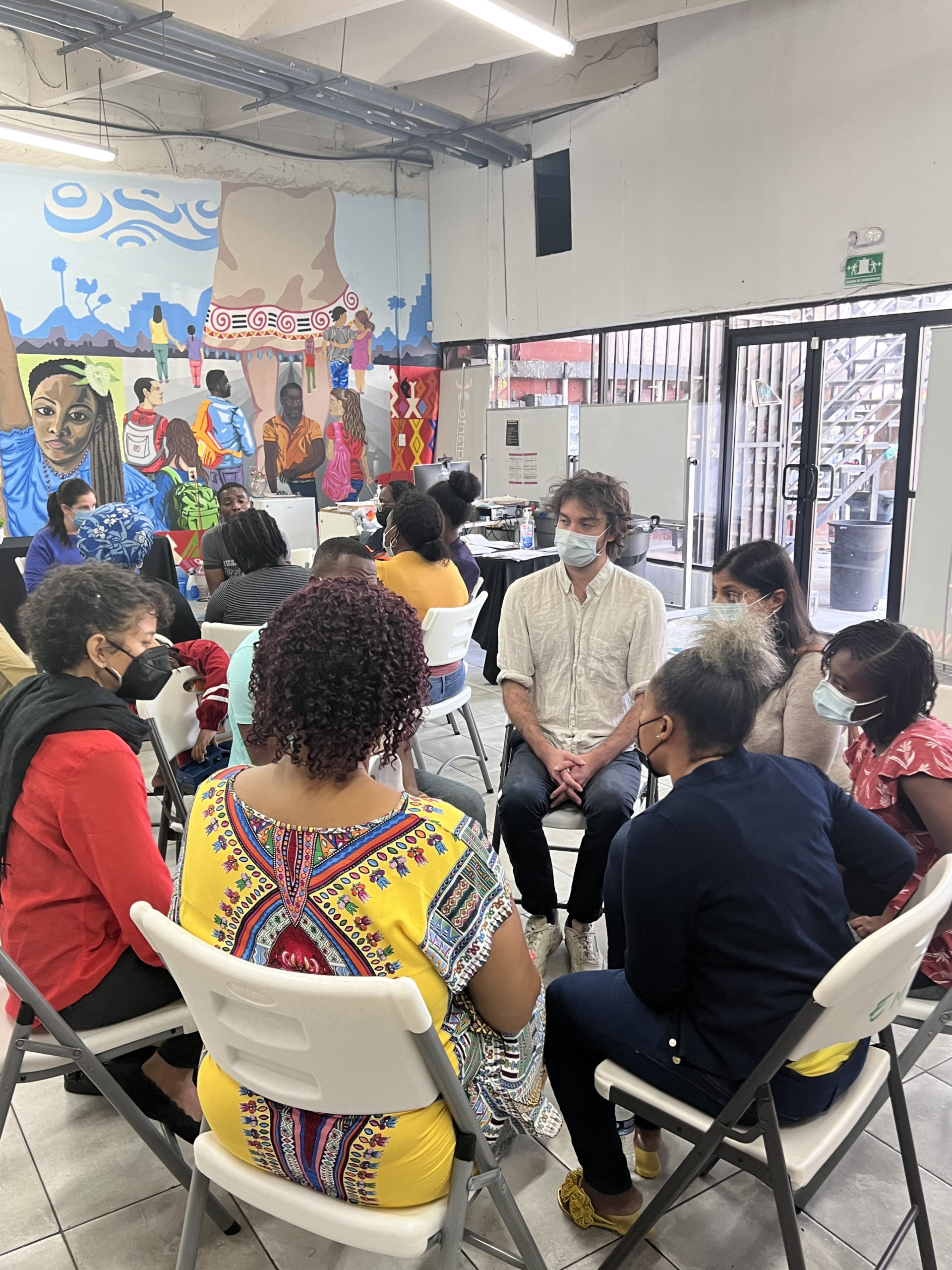
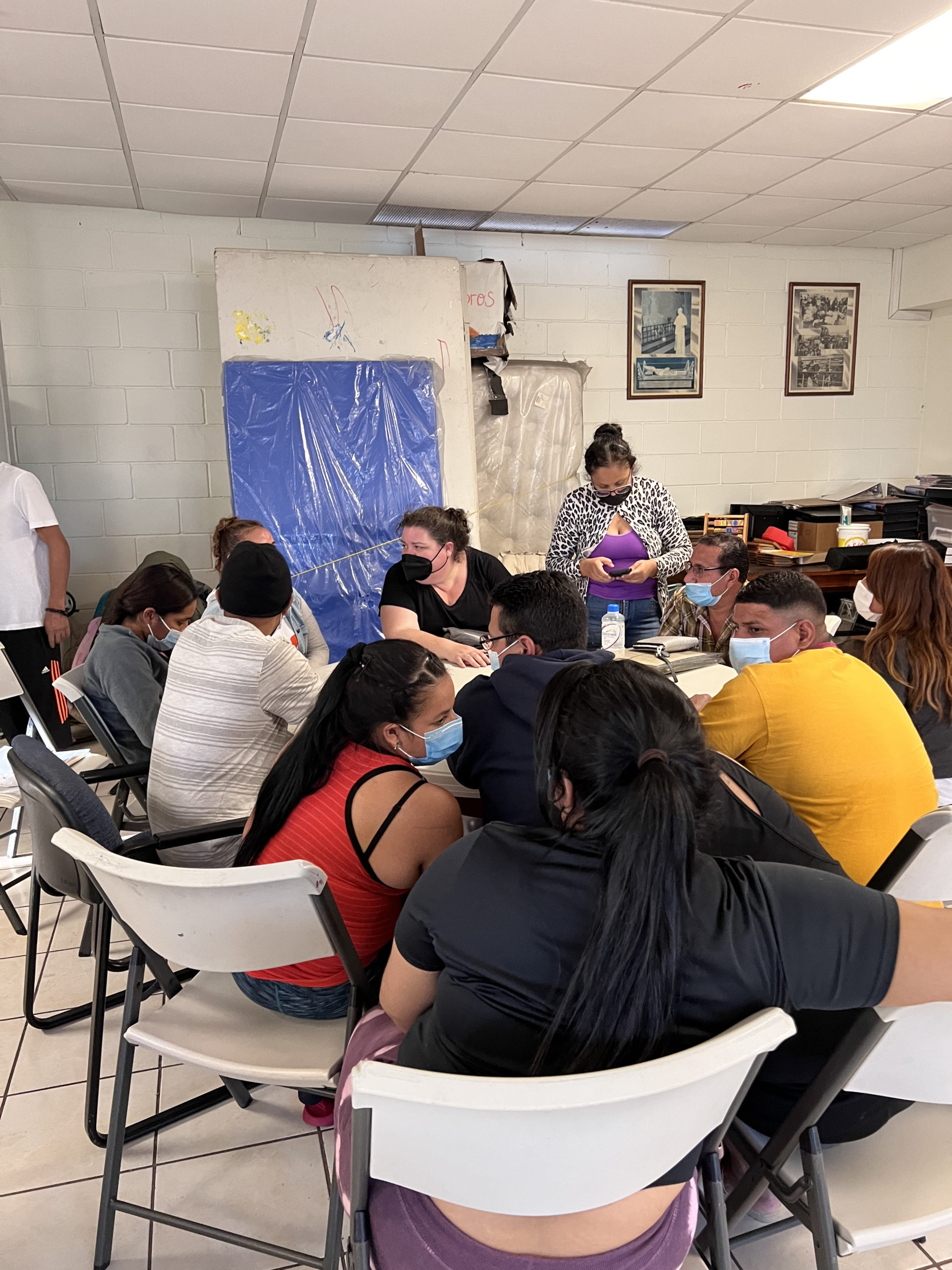
“There is no standard process across the border. Everyone should have the same opportunity and access to justice. That is obviously not happening there right now.”
— Milli Atkinson, Legal Director
JDC's Immigrant Legal Defense Program
The impetus of the trip was to see the situation at the border on the ground and understand the circumstances migrants face to better inform SFILDC’s work here in San Francisco. On their first day there on a Monday, they helped a family understand the process and then Thursday at the travel center, they saw them again on the other side of the border.
Some of the people they encountered had been waiting as long as a year, either on the street or in a shelter for their opportunity to present their asylum claim. The experience has made the JDC team better practitioners and given their work a renewed purpose.
“There is no standard process across the border. They should not be adding obstacles like racism and discrimination,” said Atkinson. “Everyone should have the same opportunity and access to justice. That is obviously not happening there right now.”
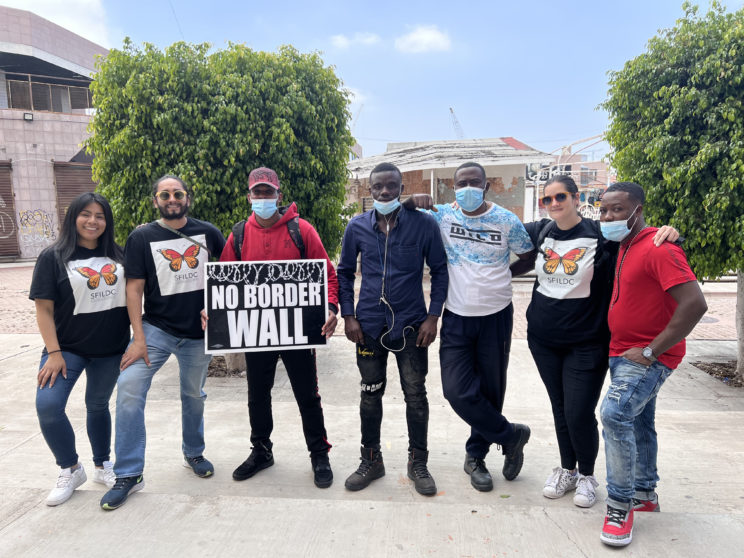
Charlotte Wiener, Staff Attorney at the Haitian Bridge Alliance, explained how these trips not only increase their access to information, they also help alleviate the heavy demands on the local organizations serving the needs. The Bar Association of San Francisco’s (BASF) local experts can share the latest developments and guide the organizations at the border.
“Regular visits could be very helpful to ensuring that the community that we serve always has up-to-date and correct information on the constantly changing legal landscape,” Wiener said. “This will also help us fight against the misinformation that is intentionally and unintentionally spread in the community.”
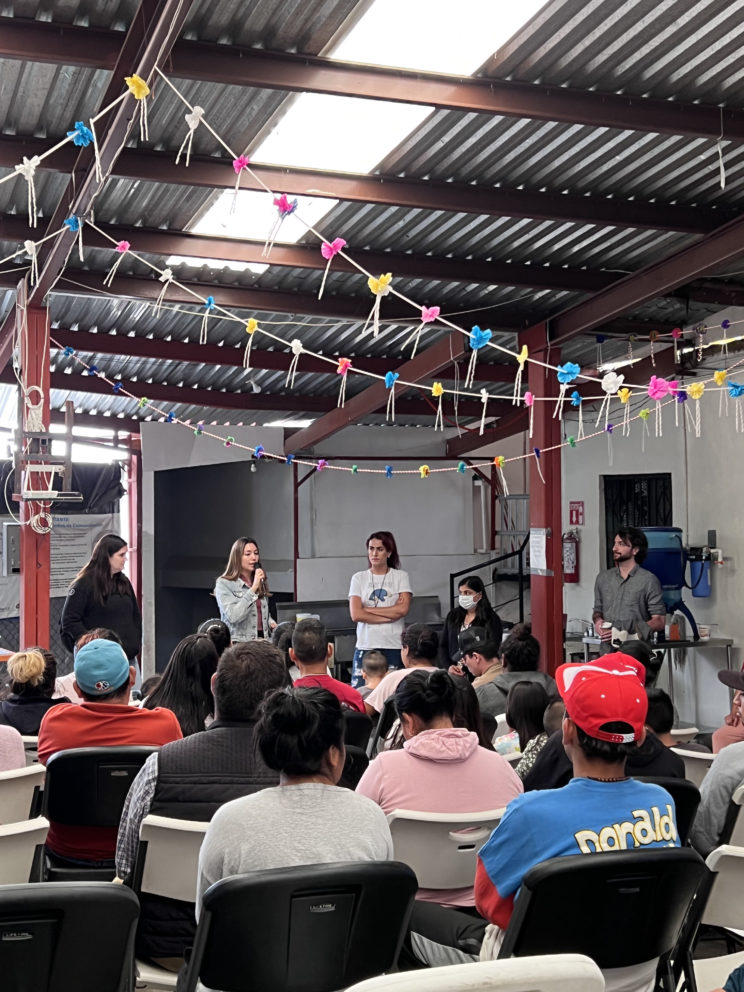
There are myriad ways attorneys can assist from afar, and BASF has already been providing resources. “The Bar Association has already been helping us with a number of areas. This includes taking on asylum cases, doing work authorizations, TPS applications, preparations for credible fear interviews, parole and bond, and removal defense work more generally,” said Wiener.
“Our biggest challenges are unfavorable laws such as Title 42, structural racism within the U.S. immigration system,” Wiener explained. “The sheer quantity of Haitian migrants needing assistance and the lack of language access for them, which greatly increase their vulnerability.”
As far as what the attorneys at the border want you to know, mainly they need more help.
“Every year we help thousands of asylum seekers seek humanitarian parole at the U.S.-Mexico border. We are in desperate need of attorneys and legal workers to plug into our remote volunteer team working on these parole requests,” explained Ramos. “We provide extensive training to remote volunteers working on the humanitarian parole project, and can work with volunteers of diverse language skills. Language access is very important, we need more creole interpreters because French and Spanish are not languages that Haitians can truly express themselves in.”
To support this critical work and fund another trip to the border, contact ildprogram@sfbar.org.
If you’d like to learn more about volunteering remotely or at the border, take a look at Al Otro Lado.
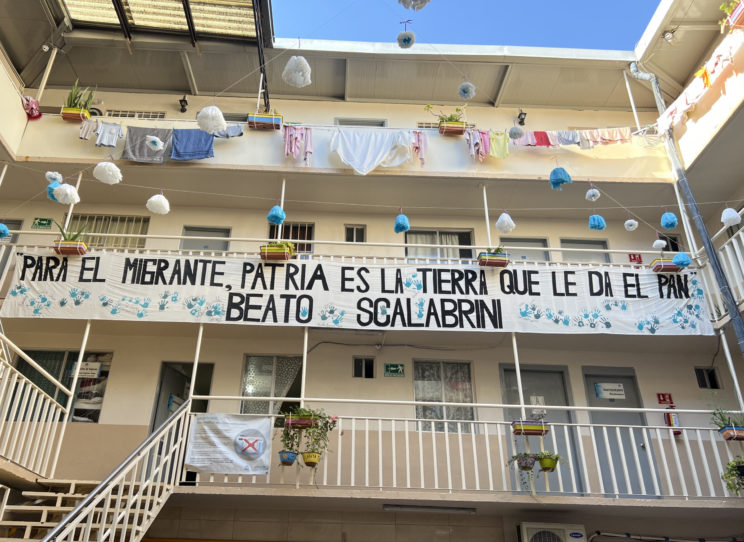
Want to know how you can support more of this essential work? Contact ildprogram@sfbar.org
Your firm could sponsor a trip that could help hundreds of migrants and asylum seekers find safety and protection.

